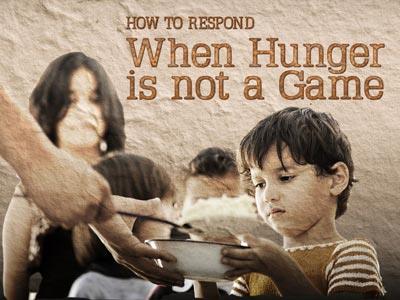-
Rescued By A Merciful God Series
Contributed by Allan Quak on May 15, 2023 (message contributor)
Summary: Out of desperation Jonah offers a foxhole prayer; with no repentance, blaming God, self-righteousness and false piety. God's mercy still continues to be shown to Jonah as God rescues Jonah. It is an unanticipated outcome.
Message
Jonah 2:1-10
Rescued by a Merciful God
The story is told of an emergency meeting of the church council called by the senior pastor. At the end of the meeting with nothing accomplished, the pastor looked around and then said, “There’s nothing left to do but to pray!” One of the overseers looked at the pastor and replied, “Oh, no! Has it gotten that bad?”
This is what God says in the Psalms, about prayer:-
Call on me in the day of trouble; I will deliver you, and you will honour me.
Psalm 50:15
Praise be to God, who has not rejected my prayer or withheld his love from me!
Psalm 66:20
He will respond to the prayer of the destitute; he will not despise their plea.
Psalm 102:17
Therefore let all the faithful pray to you while you may be found; surely the rising of the mighty waters will not reach them.
Psalm 32:6
We can come to God on any occasion, in any circumstance. No matter what we have done. No matter what emotional state we are in. Nothing should stop us from coming to God.
Yet we do … often … stop.
And when we do we stand in a long line of people who did the same.
Today I’m specifically thinking about Jonah.
Especially in light of that last verse. Therefore let all the faithful pray to you while you may be found; surely the rising of the mighty waters will not reach them (Psalm 32:6).
Let’s read about the situation.
Jonah 2:1-10
When we read this prayer we do need to recognise that it is a faithful prayer. Indeed Jonah incorporates into this prayer a multiple number of Scripture connections.
In my distress I called to the Lord, and he answered me (Jonah 2:1).
I call on the Lord in my distress, and he answers me (Psalm 120:1).
But you, Lord my God, brought my life up from the pit (Jonah 2:6).
Praise the Lord, my soul, and forget not all his benefits—who forgives all your sins and heals all your diseases, who redeems your life from the pit (Psalm 103:2-4)
Those who cling to worthless idols turn away from God’s love for them (Jonah 2:8)
I hate those who cling to worthless idols; as for me, I trust in the Lord (Psalm 31:6)
What we are seeing here is one of the blessings that come with reading the Word, and meditating on the Bible, and allowing ourselves to be covered with the Scripture.
When we are in distress, or we are struggling in life, or we are even at a point where we are in rebellion.
If we know the Scripture and it is a part of our journey we can dig into that well.
Using the words that God himself has used to form our prayers, to come before God, and to speak to him. Allowing this aspect of our journey to move us forward in our relationship with God when we are momentarily stuck.
How often have you had it … that in a situation a Scripture comes to mind which absolutely speaks into that situation.
Or you are looking for wisdom, and then a word of the Scripture comes up and you know that is the wisdom for the moment.
Keep filling up your spiritual reservoir with Scripture in the days when you are close, and feel blessed, and are just so grateful for the presence of Jesus and his love. So that in the days of drought, and discord, and distance, and distress you have a deep reservoir of Scripture to call upon which will come in ways you never expected or imagined.
In his days of rebellion Jonah goes to the reservoir and he prays.
But what sort of prayer is this?
In many ways it looks like a prayer of repentance. Where Jonah comes to his senses and humbly confesses before the Lord that he has sinned. Jonah here sees that Nineveh should know about the mercy of God and it is up to Jonah to prophetically bring that message.
That is what the prayer looks like. And if the book of Jonah finished at the end of chapter 3 I would be very comfortable identifying this as a prayer of repentance. But the book doesn’t finish at chapter 3. It goes on to chapter 4. In chapter 4 we have another prayer of Jonah.
But to Jonah this (the staying of judgement) seemed very wrong, and he became angry. He prayed to the Lord, “Isn’t this what I said, Lord, when I was still at home? That is what I tried to forestall by fleeing to Tarshish. I knew that you are a gracious and compassionate God, slow to anger and abounding in love, a God who relents from sending calamity. Now, Lord, take away my life, for it is better for me to die than to live.”

 Sermon Central
Sermon Central



